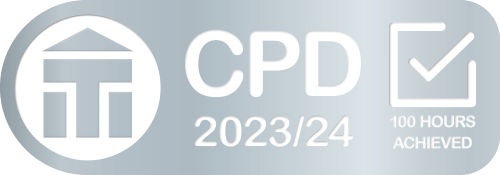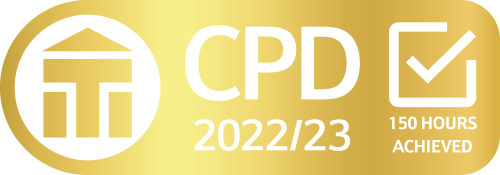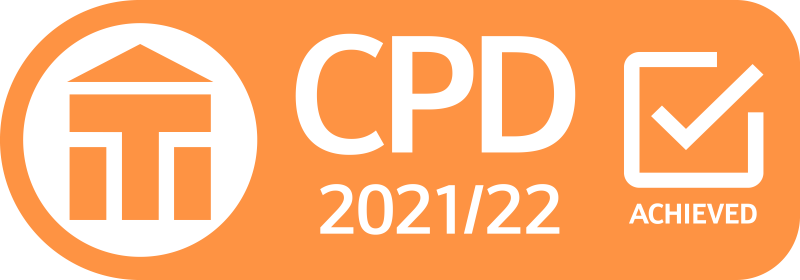I have been a mixed bag right from the start…
I was brought up in a Polish family and community in London and learned my first English words from another 3-year-old living on our road.
I have always been bilingual and bicultural, but obviously skills only develop if you build on them, and I have done. I read Modern Languages at Cambridge: French, Russian from scratch and Polish. I spent a year in Kraków at the Jagiellonian University as well as a brief spell in Leningrad (as it was then).
Later in life I studied for the Diploma in Public Service Interpreting which involved learning interpreting techniques and expanding my language in wholly different directions — legal, medical, slang, four-letter words…
I continue to develop my language and skills in many ways including trips to Poland and continuing professional development events, but most importantly by being a reflective practitioner. I not only have extensive interpreting experience but I take the time to reflect on jobs, learn from them and research any terminology gaps they reveal.
|
My career history is also varied...
After graduating I qualified as a management accountant, but realised that despite being comfortable with numbers I was far more interested in modelling and systems.
I worked at Cadbury Schweppes for 10 years in roles where I acted as the interface between finance and business staff and IT systems. I translated business requirements into models and systems and transformed data into business information.
I learned many practical skills in the world of business and professional is one of the frequently recurring words in feedback I receive in my current freelance role.
|
Even my current role is mixed…
The skills required for interpreting and translation are quite different even though both involve facilitating communication across languages.
Face-to-face interpreting requires you to deal with unpredictable challenges on the spot, with few additional resources. You have to be adaptable and come up with instant solutions. Your interpersonal skills and fluency are key. You have the benefit of a lot of contextual clues in the environment, participants’ body language and also the option of asking for clarification immediately. One of the rewarding aspects is the immediacy of the response to your work.
Translation is less time critical and you have the benefit of dictionaries, glossaries, online information and other resources. Hence potentially there is time for research and for multiple iterations to reach a good solution. It can be satisfying to hone and perfect a piece of writing. On the other hand in written translation the audience is usually less well defined than in interpreting, or it may change, but your words remain in black and white.
I enjoy both interpreting and translation and the balance between the two varies over time. For written translation I only work from Polish into English, not in both directions as I do for interpreting.
Whether it is interpreting or translation work you can be sure I will perform it to the best of my ability and you can be sure that it will be me doing the job. That is one of the benefits of working directly with a freelancer rather than going through a third party and not knowing who will be allocated to do the work.
|
Header photos:
|





